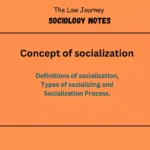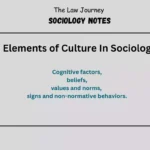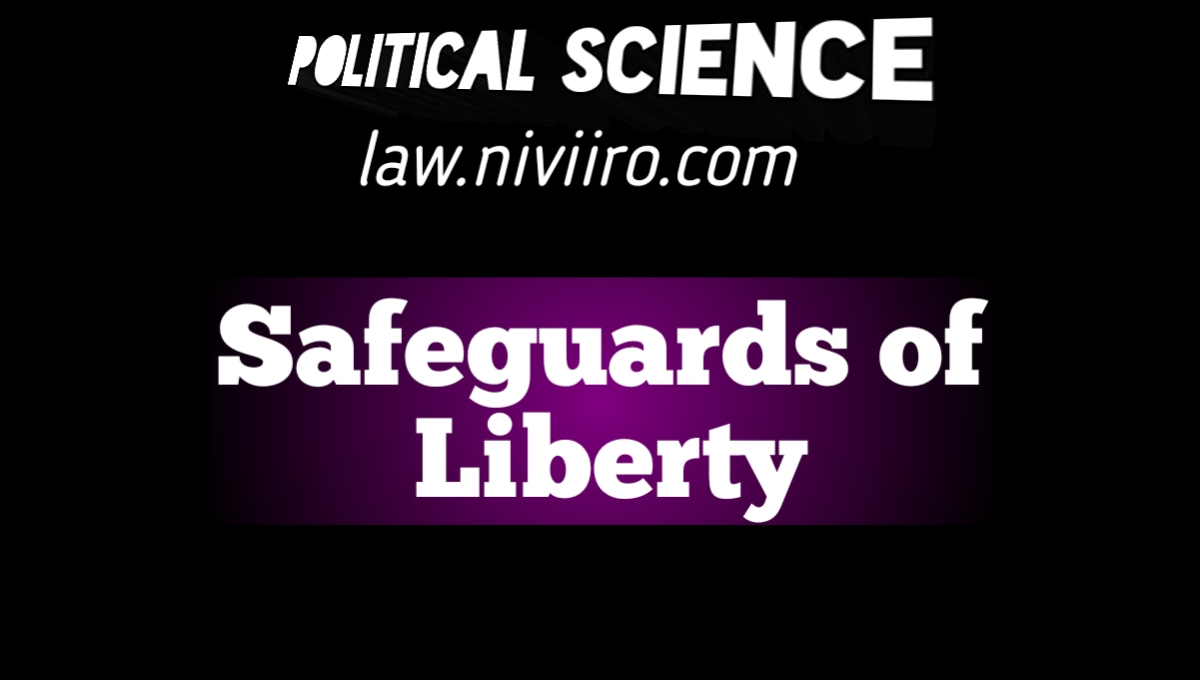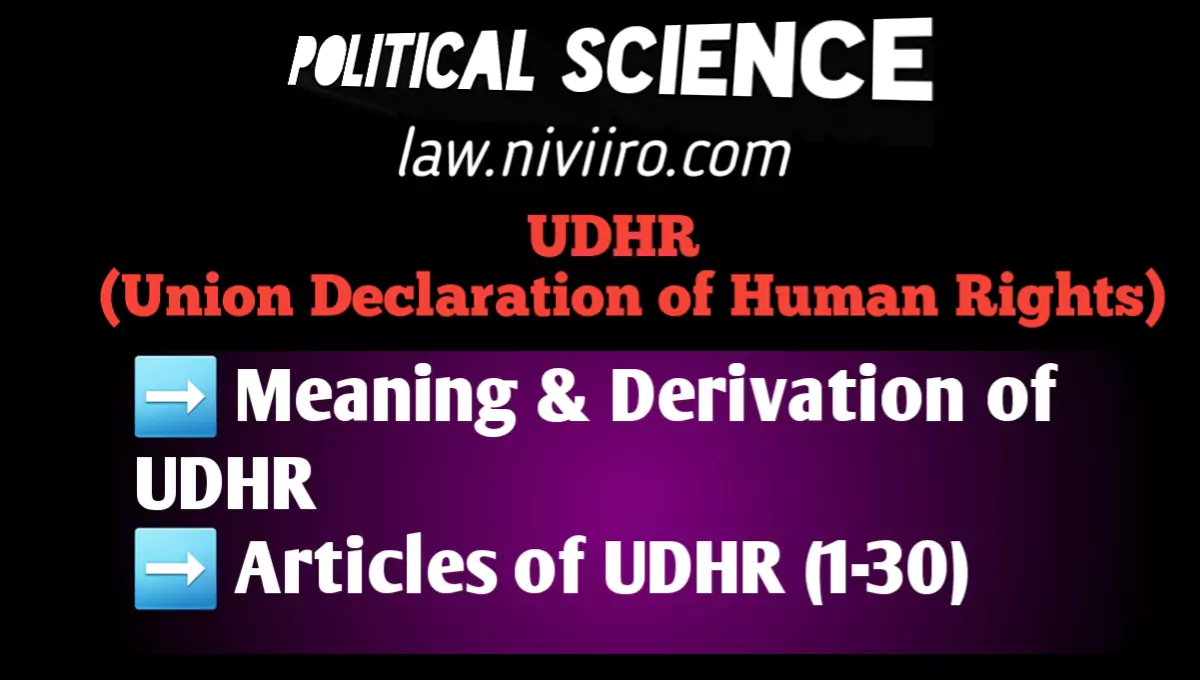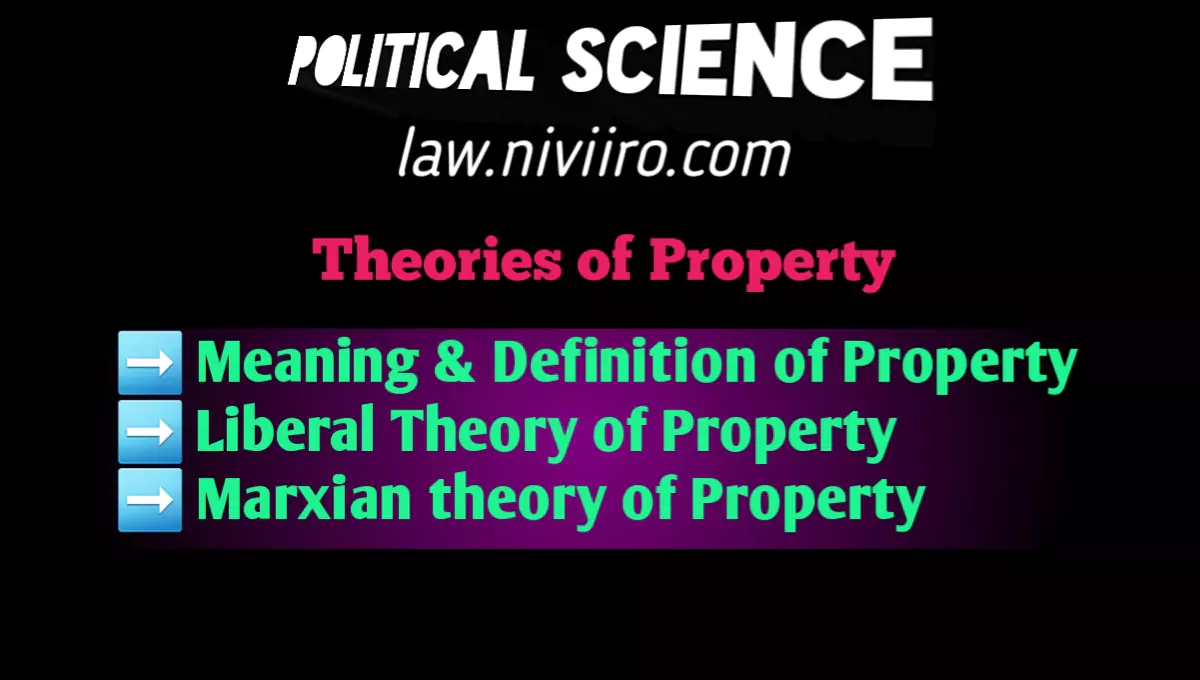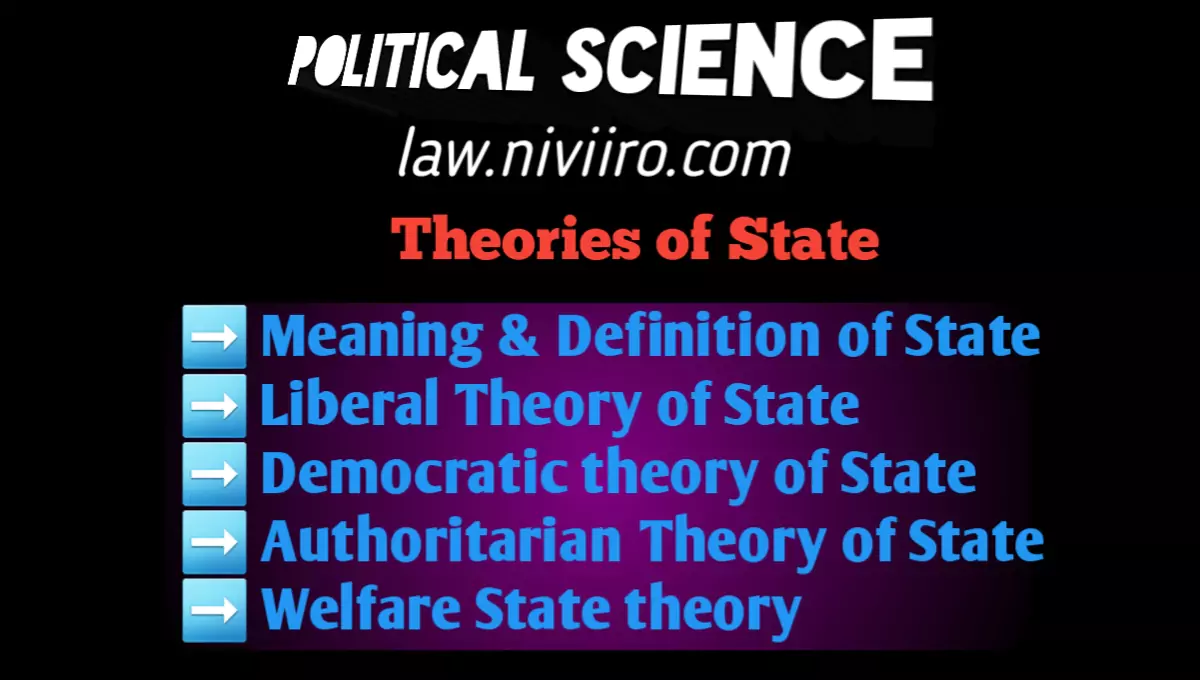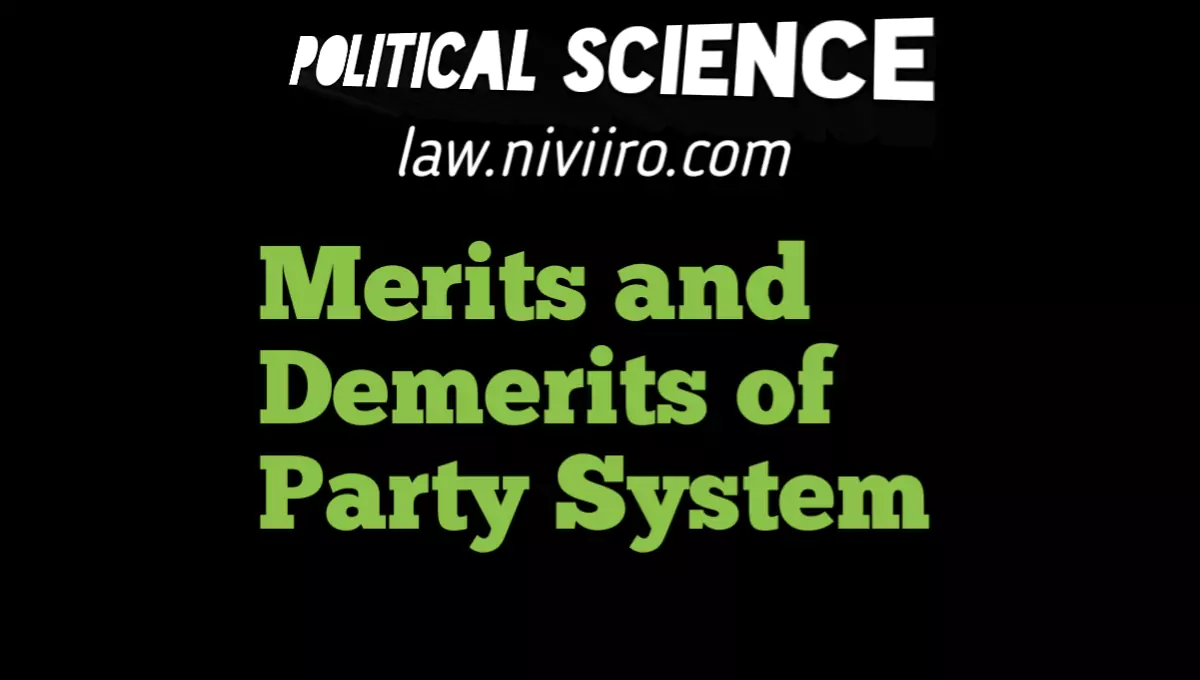Safeguards of Liberty – The name “liberty” comes from the Latin word “Liber,” which means “free from all shackles.” The Latin word ‘Liber’ means “free of all restrictions.” It signifies that one can do whatever one wants, regardless of the circumstances. However, liberty does not allow a person to do anything they choose. Liberty in the sense of total freedom from all limitations is not conceivable. Such liberty is not possible. The fundamental liberty principle is that law is the condition of liberty.
Definitions of Liberty
(1) According to Mahatma Gandhi, “Liberty does not mean the absence of restraint but it lies in development of liberty”
(2) According to Seeley, “Liberty is the opposite of over-government”
Liberty can be defended in the following ways :
- Establishment of Democracy
Liberty and democracy go hand in hand. Democracy protects and secures liberty more than any other form of government. Democratic governance is the government of the people, whereas other kinds of administration (such as Absolute Monarchy and Dictatorship) concentrate all power in the hands of one person or a group of individuals. The person in authority, or a group of people in power, cannot tolerate criticism. It is a feature of democracy that opposing parties are treated with dignity. Following the failure of the ruling party, the opposing parties establish the government. In a democracy, criticism of the government is encouraged.
2. Constitution
Only the constitution limits the state’s authority; it establishes certain boundaries that the state must not breach when using its authority.
3. Rule of Law
The application of the rule of law is required for the protection of liberty. The rule of law has been established in England, the United States of America, and India. The rule of law requires that there be no distinctions based on caste, creed, colour, or race. In the perspective of the law, everyone is equal and everyone is punishable if they commit a crime. There will be no special treatment for members of a certain class, nor will there be any provision for immunity. No one shall be punished or imprisoned for an extended period of time unless and until his offence is proven.
4. Fundamental Rights
The government guarantees us our fundamental rights. They significantly safeguard our freedoms. These fundamental rights also limit the authority of the state. Because fundamental rights exist, the state cannot intervene in personal concerns. Individual liberty is never safe in the absence of fundamental rights, and human personality development is impossible in the absence of liberty.
5. Decentralisation of Powers
Monarchy is formed when powers are centralised. As a result, decentralisation of power is essential to protect liberty. Central, provincial, and local self-government should be established. This decentralisation of authorities results in more efficient administration. People also begin to cooperate with the running of the government.
6. Economic Security
“Where there are rich and poor”, says Laski, “educated and uneducated, we always find a relation of master and servant”. Economic security is a condition for liberty. People must have economic security in order to protect their liberties. This is only conceivable if there is no economic imbalance, inflation, or unemployment. People should have a higher standard of living and equitable possibilities for advancement. This is only conceivable in socialism, not in capitalism.
7. Political Education and Eternal Vigilance
Permanent liberty protection is only achievable when people are politically educated and aware of their rights and responsibilities. Eternal vigilance is the cost of liberty, and in its absence, one can act freely. Laski has very aptly remarked, “It is the proud spirit of the citizens, less than the letter of the law, that is the most real safeguard”. People revolt against the government whenever it crosses the line of its jurisdiction and interferes in the personal lives of the people. In this connection, Jefferson’s remark is noteworthy: “What country can preserve its liberties if its rulers are not warned from time to time that the people preserve the spirit of resistance?”
8. Independent Judiciary
The independence of the judiciary is essential for the protection of liberty. It should be independent of the Executive. If the judiciary is subordinate to the executive or is not free from the influence of the executive, it will be unable to impart justice or preserve man’s fundamental rights. Fundamental rights are granted to the people in communist or dictatorial countries, but the judiciary is not immune to the influence of the executive. In such countries, safeguarding and securing fundamental rights, constitutions, and liberty is difficult.
Related Post
Define Liberty ?
According to Mahatma Gandhi, “Liberty does not mean the absence of restraint but it lies in development of liberty”
Explain Safeguards of Liberty ?
1. Establishment of Democracy, 2. Constitution, 3. Rule of Law, 4. Fundamental Rights,5. Decentralisation of Powers etc
References
- R.C. Agarwal, Political Theory
- M.P. Jain, Political Theory liberal and Marxiam
- Prof. H.C. Verma, Modern Political Theory
- Prof. S.L. Verma, Modern Political Theory
- V.D. Mahajan, Political Theory
- J.C. Johari, Political Science













